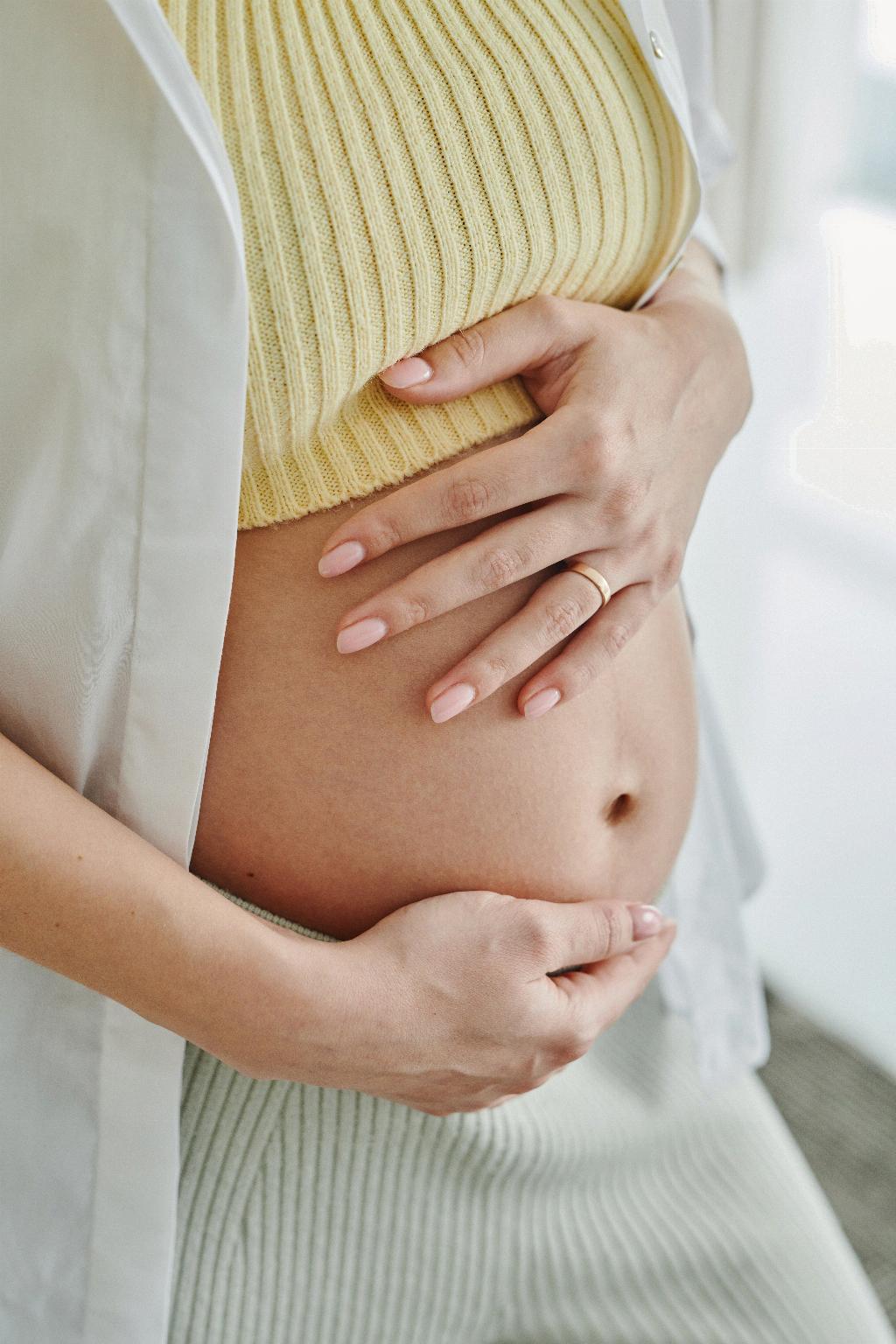It’s natural to have concerns about the impact of late ovulation on pregnancy. The reality is that late ovulation can indeed present unique challenges when trying to conceive. Late ovulation refers to the release of an egg from the ovary later in the menstrual cycle than the average timeline. This delay in ovulation can potentially affect the chances of conception and the overall health of the pregnancy.
Effects of Late Ovulation on Conception
When ovulation occurs later than expected, the window for fertilization becomes narrower. Sperm can survive in the female reproductive tract for several days, but the lifespan of the egg after ovulation is relatively short. This mismatch in timing between ovulation and sperm viability can reduce the likelihood of successful fertilization, making it more challenging to conceive.
Risks and Concerns
While late ovulation itself may not directly impact the health of a pregnancy, it can lead to delayed implantation. Delayed implantation occurs when a fertilized egg takes longer than usual to implant in the uterus, potentially increasing the risk of miscarriage. Research indicates that delayed implantation beyond eight to 10 days post-ovulation may heighten the chances of miscarriage, emphasizing the importance of timely fertilization and implantation.
Fertility Treatments and Late Ovulation
For individuals facing challenges with late ovulation, fertility treatments such as ovulation induction medications or assisted reproductive technologies like in vitro fertilization (IVF) may offer solutions. These interventions can help regulate ovulation timing and enhance the chances of successful conception by controlling the release of eggs and optimizing the fertilization process.
Health Monitoring and Support
Individuals who experience late ovulation and are actively trying to conceive should consider regular health monitoring and consultations with healthcare providers. Monitoring ovulation through methods like basal body temperature tracking or ovulation predictor kits can provide valuable insights into ovulation patterns and help optimize timing for intercourse.
Optimizing Fertility and Pregnancy Health
Aside from addressing late ovulation, maintaining overall reproductive health plays a crucial role in promoting fertility and supporting a healthy pregnancy. Adopting a balanced diet, engaging in regular physical activity, managing stress levels, and avoiding harmful substances can all contribute to optimizing fertility and enhancing the likelihood of a successful pregnancy.
Medical Consultation and Guidance
If concerns persist regarding late ovulation and its potential impact on pregnancy, seeking guidance from reproductive endocrinologists or fertility specialists can offer personalized insights and recommendations. These experts can conduct thorough evaluations, provide tailored interventions, and offer ongoing support throughout the conception journey.
Embracing Patience and Resilience
Embarking on the path to parenthood, especially when facing challenges such as late ovulation, requires a blend of patience and resilience. Recognizing that fertility journeys can vary in timing and complexity is essential, and maintaining a positive outlook while navigating potential obstacles is key to fostering emotional well-being throughout the process.
Peer Support and Community Engagement
Engaging with support groups, online forums, or counseling services focused on fertility and reproductive health can offer valuable camaraderie and emotional support. Connecting with individuals who share similar experiences can provide a sense of solidarity, reduce feelings of isolation, and empower individuals to navigate the intricate landscape of conception and pregnancy.
Preconception Counseling and Preparation
Prior to conception, participating in preconception counseling sessions with healthcare providers can help individuals gain insights into their reproductive health, address any underlying concerns, and develop personalized strategies to enhance fertility and create an optimal environment for a healthy pregnancy.
Celebrating Milestones and Achievements
As individuals on the journey towards conception navigate the nuances of late ovulation and pregnancy, it’s important to celebrate milestones and achievements along the way. Each step taken towards building a family, whether big or small, signifies progress and resilience in the face of challenges, fostering a sense of hope and positivity for the future.
Conclusion: Nurturing Hope and Possibilities
While late ovulation can pose obstacles on the path to pregnancy, it’s essential to approach the journey with optimism, perseverance, and informed decision-making. By seeking support, implementing targeted interventions, and prioritizing holistic well-being, individuals can navigate the complexities of late ovulation with resilience and nurture hope for the possibility of a healthy and successful pregnancy.

